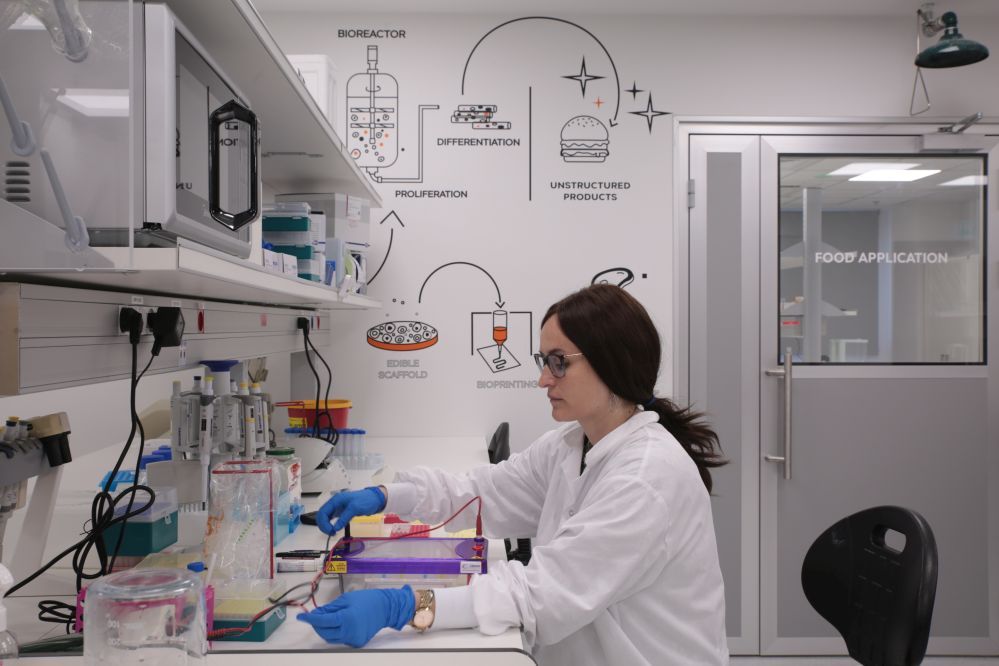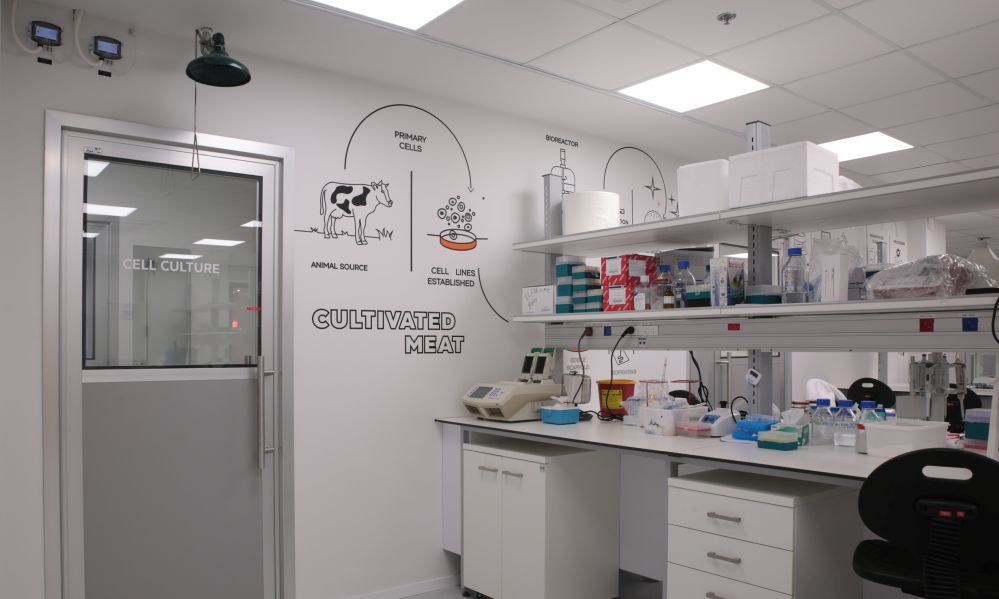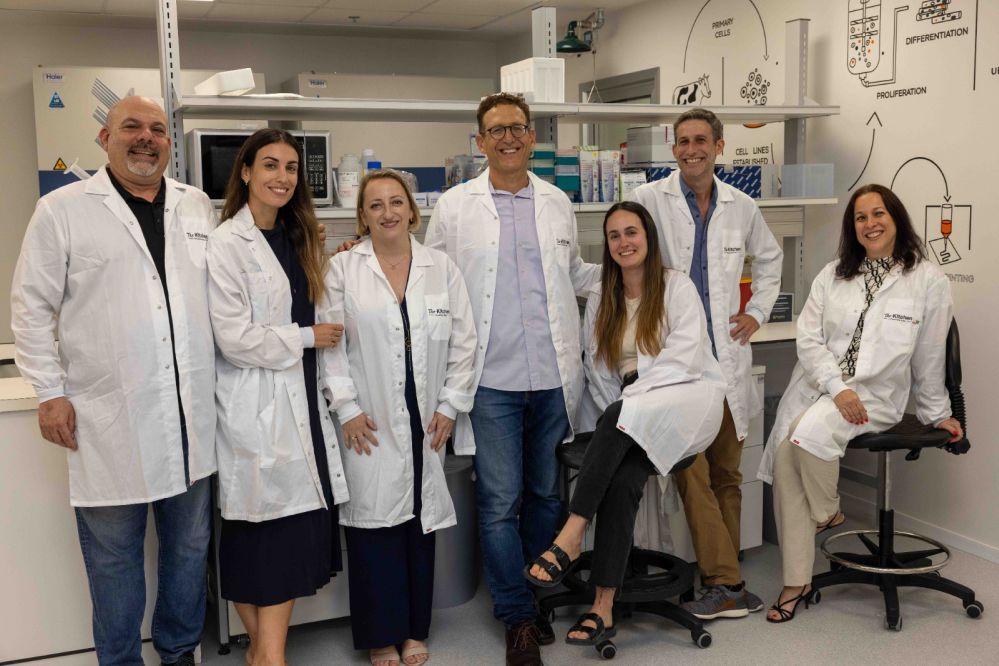The Kitchen Hub, the foodtech incubator and investment arm of Israeli food giant Strauss Group, is raising a new $70 million fund and launching The Kitchen Labs, an innovation center for startups with the support of the Israeli Innovation Authority (IIA).
Speaking to AgFunderNews ahead of the inauguration ceremony in Rehovot on Monday, CEO Jonathan Berger said Strauss Group was the anchor investor in the new fund, although he did not share the amount it had committed.
“The Kitchen Labs is part of The Kitchen 2.0, the natural evolution of The Kitchen, that includes a fund and an incubator. Strauss is an anchor investor, the IIA will continue to back us, and we are continuing the fund raising [bringing on additional investors].
“From the new fund, we have made three investments to date and are in the process of making two more.”
‘We see massive innovation around technologies that can fix the current problems in the alternative protein sector’
The fund will focus on four verticals: enabling technologies to support players in the alt protein space; alternative ingredients, which covers innovations such as molecular farming and plant cell culture; food as medicine; and food security and food waste reduction.
“We’re not going to invest in another [cultivated meat company such as] Aleph Farms, but we are now investing in startups that will help companies like these reduce costs and improve their products,” said Berger. “We see massive innovation around technologies that can fix the current problems in the alternative protein sector: cost, taste, texture, and over-processing.”
He added: “The common denominator of these four verticals is that they require deep tech. And to be able to build successful companies in this space we have to provide them with the right support, which is where The Kitchen Labs comes in.”

The Kitchen Labs: Designed for startups at the R&D stage, proof of concept stage and prototyping stage
Based at the Kitchen Hub’s offices in Rehovot, a foodtech hub just outside of Tel Aviv close to the Weizmann Institute of Science and the Faculty of Agriculture and Food at the Hebrew University of Jerusalem, the Kitchen Labs will support foodtech startups at the R&D stage, proof of concept stage and prototyping stage.
Kitchen Hub portfolio companies will have priority, but not exclusive, access to The Kitchen Labs, said Berger. “Based on availability, the center will be open to all of the foodtech ecosystem, as The Kitchen Hub has always been a meeting point for visitors from all over the world.”
The new facility includes laboratories, cold storage for preserving cells and microbes, a sterilization room for growing cultured cells, a fermentation room, and a downstream room with spray-drying and freeze-drying capabilities.
“Many companies just do not have the means to purchase this equipment themselves and they’re spending so much time fundraising and working in external labs,” said Berger. “We think that with this center, we will be able to expedite the achievements of fundable milestones. On top of that, at The Kitchen Hub, we are very much hands on, and with the startups on site, our CTO Dr. Dorit Rozner can help supervise and advise them.”
The site also includes a food application laboratory networked with cameras enabling startups to conference in with The Kitchen Hub’s strategic partners such as Danone, Givaudan and Gea, he said.

Partnership with the Hebrew University of Jerusalem
A partnership with the Hebrew University of Jerusalem also presents a range of “synergistic opportunities,” said Berger.
“We have a collaboration in which professors can come to The Kitchen Labs with their students to show them real life R&D. The students also get the opportunity to do internships and earn academic credits while working with our startups. At the same time our startups get free labor from the students and free access to the new analytics center that the university is building with HPLC and other equipment.”
Foodtech investment climate: ‘There has been a slowdown in what we call walk-in entrepreneurs’
Asked about the current landscape for foodtech investing, Berger said: “There has been a slowdown in what we call walk-in entrepreneurs and traditional startups. We’re seeing less deal flow because of the challenges in fundraising, but we’ve overcome this challenge by starting our own companies using our venture creation model. So many companies are based on technology that we’re licensing from research centers.”
He added: “The companies that adjust fast will survive. I think, even if the global economy recovers in the sense of interest rates going down and investment appetite increasing, the parameters and the metrics that investors are going to require from startups will stay the same: ‘Show me the money, show me sales, show me profitability.’ And that’s a good thing.”





